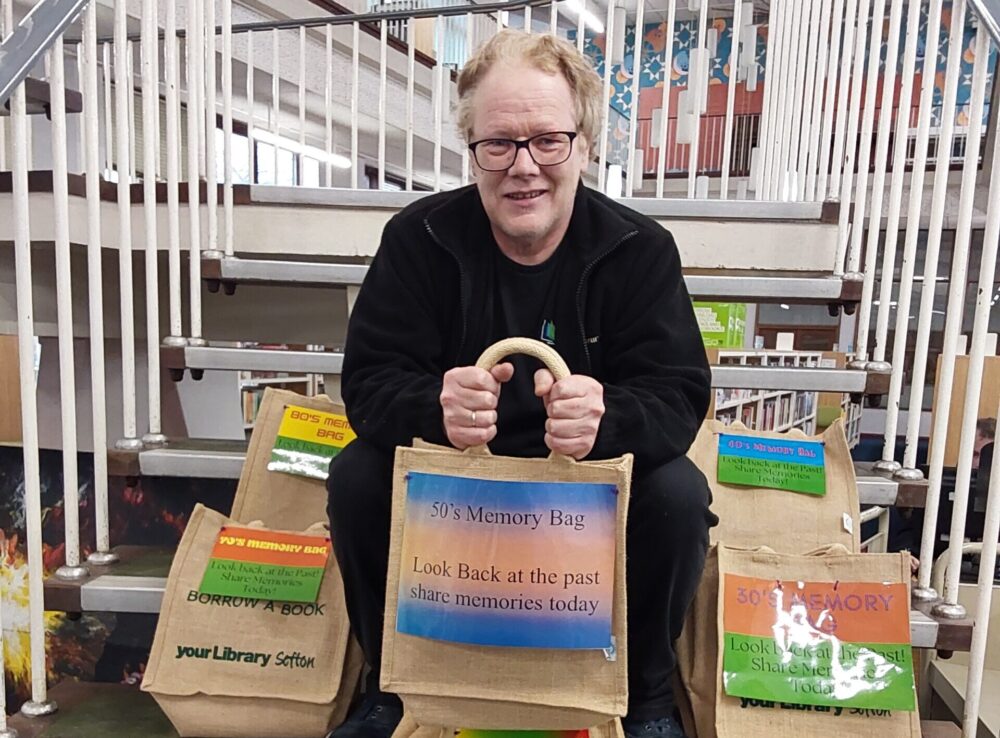
Features
Women getting help from Liverpool domestic abuse service have doubled in lockdown
5 years ago
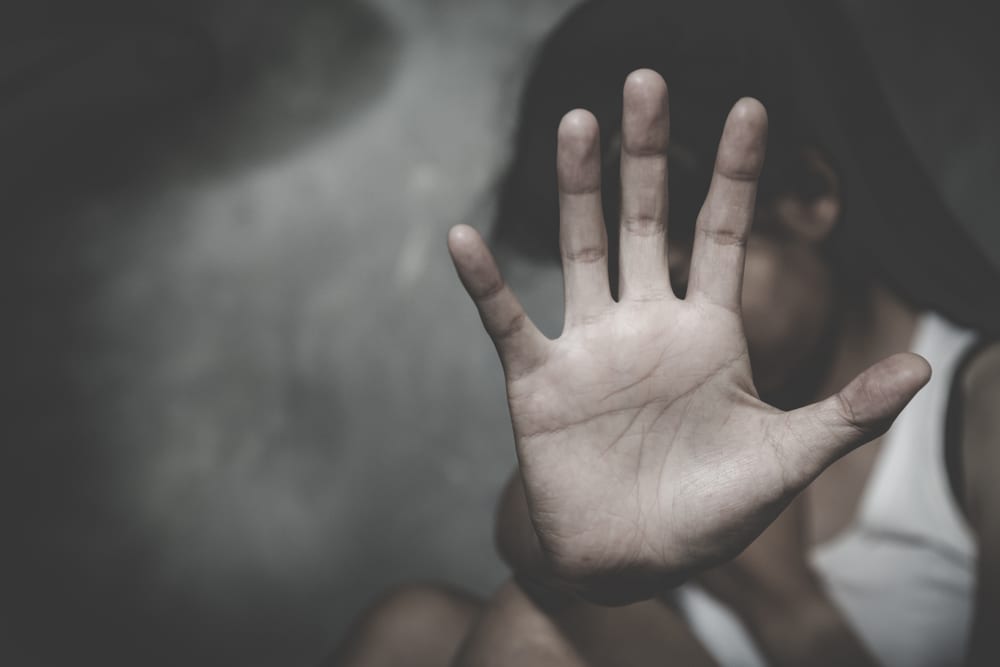
The number of women getting support because of domestic abuse has doubled in Liverpool during lockdown.
On White Ribbon Day, a global campaign which urges people to stand up, speak out and say no to violence against women, Liverpool Domestic Abuse Service has revealed unprecedented demand for help since restrictions began.
In the six months from April 1 to September 30, it supported 1574 women – more than the whole of the previous year – and the number of women accessing counselling is the highest it’s ever been.
There was a particular surge during the first week the schools went back in September as many women finally had a chance to contact services while their children were out of the house.

Caroline Grant, director of policy and development for LDAS, says the impact of Covid-19 hasn’t just increased the incidents of abuse, it’s also affected women’s opportunities to get help.
“When lockdown was coming, everyone was saying domestic abuse was likely to go through the roof and we knew that was absolutely going to be the case,” she says. “But what we also saw was the ability of people experiencing abuse to access services reduced because if you’re living with your abuser and you’re getting policed 24/7 how are you going to get support?
“For a lot of survivors, it’s about opportunity. We worked with Merseyside Police to see what the opportunities were for women being monitored 24/7 and it was delivery men, who they were opening the door to, and the supermarkets or little shops where they were going.
“We made sure we communicated locally with shops to get our information out there. If you’re being held almost prisoner in your home with your phone taken away and no computer, you might still be able to go to a shop for milk. That might be your moment that you can say ‘I need help’ or give something to somebody behind the counter to say, ‘can you get help for me?’ It’s about being able to use those brief interactions.”
Caroline says numbers have tended to increase when restrictions have lifted, because women have the time and space to get help.

“If you’re living with your abuser and you’re being abused today, tomorrow or the next day you might only be able to seek support once restrictions lift, because he’s gone back to work or you’ve gone back to work. The reports for what’s happened today, tomorrow or the next day won’t come through until then.”
For many women, losing the freedom to do everyday things in lockdown is how they live every day.
For others, being locked down has brought back painful memories of their abuse and caused them to need support sometimes long after an incident or even a relationship has ended.
“It has triggered something from when they were unable to leave the home because the abuser wouldn’t let them out,” explains Caroline. “That lack of control again has retraumatised them, even for women who thought they were over it, it hadn’t gone away.”
LDAS has seen a 172% increase in survivors accessing services for ‘historic’ abuse.
It takes referrals from professionals and self-referrals via the phone, the website and, pre-Covid, through walk-ins.
Once contact is made, LDAS’s first priority is to reduce risk and safety plan. “A lot of survivors don’t realise they have choices, so that’s what we provide,” says Caroline. “We can seek secure accommodation on their behalf, they can become financially independent and they can live free of abuse. We offer specialist in-house counselling and we work with them to improve wellbeing and confidence.
“We support survivors through the criminal justice process if that’s what they want to do – if they want to report to the police or if they want to access non-molestation orders through a civil court, maybe if they aren’t ready to report to police but want something to offer them some protection.”

Support is offered to women who are currently living with an abusive relationship, have left already or are contemplating leaving. But, importantly, the decision to leave or stay remains theirs.
“Women will often have had any choices denied them by their abuser so we are absolutely not there to make them do anything,” stresses Caroline.
“A lot of women will go on to leave the relationship but it’s not a pre-requisite of getting support – equally we’ll support someone who chooses to stay in a relationship but we’ll work with them on how to keep themselves safe and if they decide they need more support, if the risk increases, what they can do to access it quickly. We’re there to give people options and work with them at their pace.”
LDAS is currently in partnership with Jacks and Tesco Mobile as part of a campaign tying in with 16 days of action to help end violence against women and girls.
It has also moved all of its services online, to ensure women have access to everything they need during restrictions.
“It’s still a complete service, just delivered a bit differently,” says Caroline. “We’ve had a lot of women say they didn’t want to be any trouble because they knew how busy we were but it doesn’t matter how inundated our services are, we want every survivor to know that we’re here for them and will support their needs no matter what.”
LDAS can be contacted on freephone 0800 084 2744 or you can visit the website here.
Savera UK
Iconic buildings and landmarks across the Liverpool City Region will be illuminated bright orange tonight [Wednesday 25th November], as part of an international campaign aimed at tackling violence against women.
Liverpool Town Hall, St George’s Hall, World Museum Liverpool, Merseyside Police Headquarters, the Greystone Footbridge in Knowsley and the Mersey Gateway Bridge in Halton will be lit to mark the UN International Day for the Elimination of Violence Against Women and the start of the United Nation’s annual 16 days of activism against gender-based violence.
The spectacle has been organised by Merseyside-based Savera UK, which tackles harmful practices such as ‘honour’-based abuse (HBA), female genital mutilation (FGM) and forced marriage across the UK and Zonta International, a global organisation that stands for women’s rights and advocates for equality, education and an end to child marriage and gender-based violence.


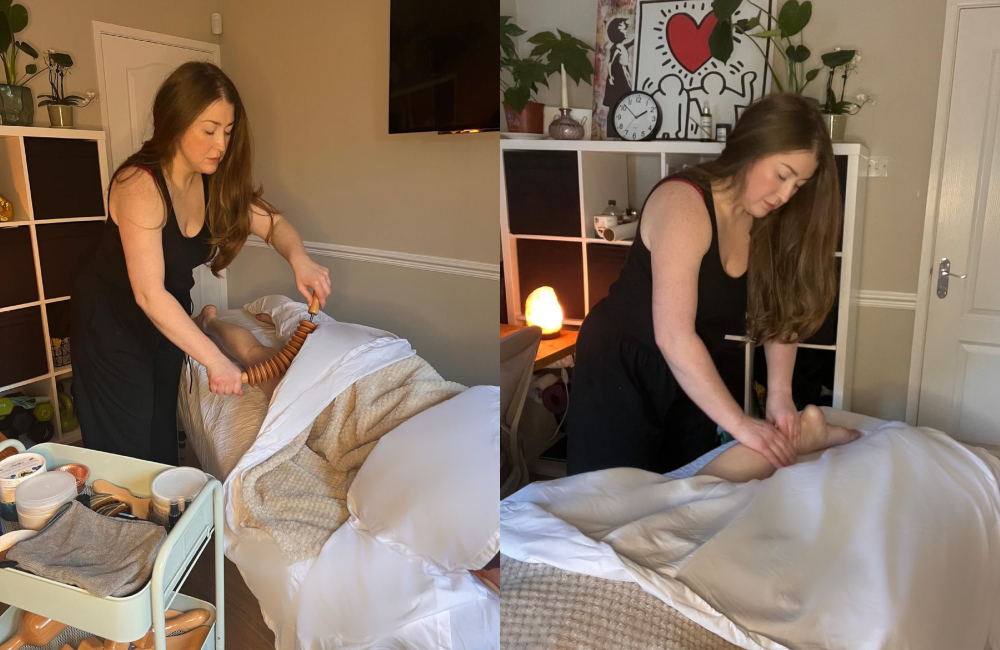

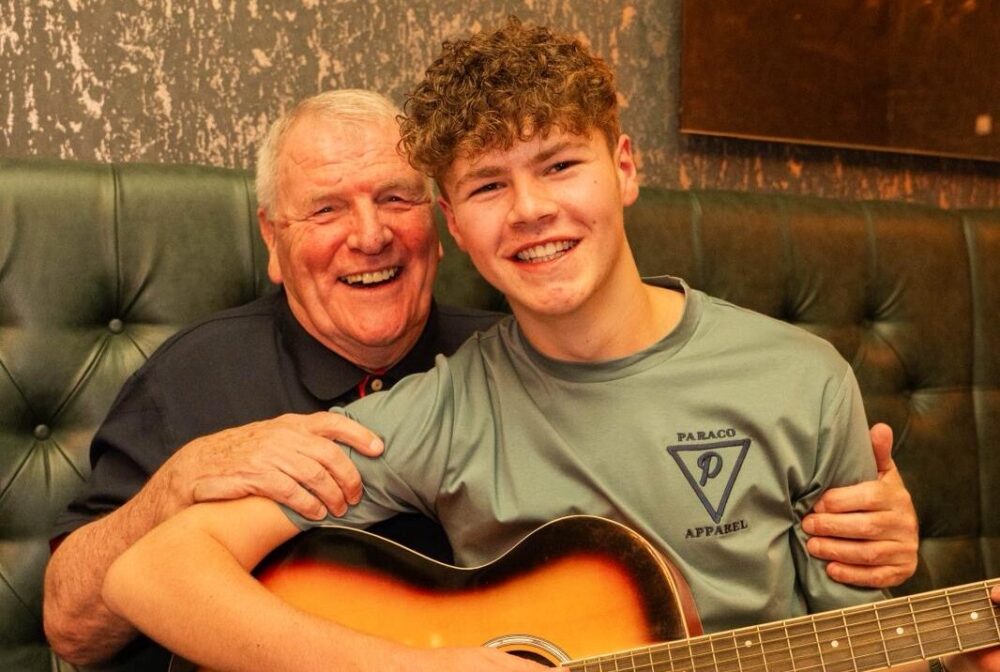
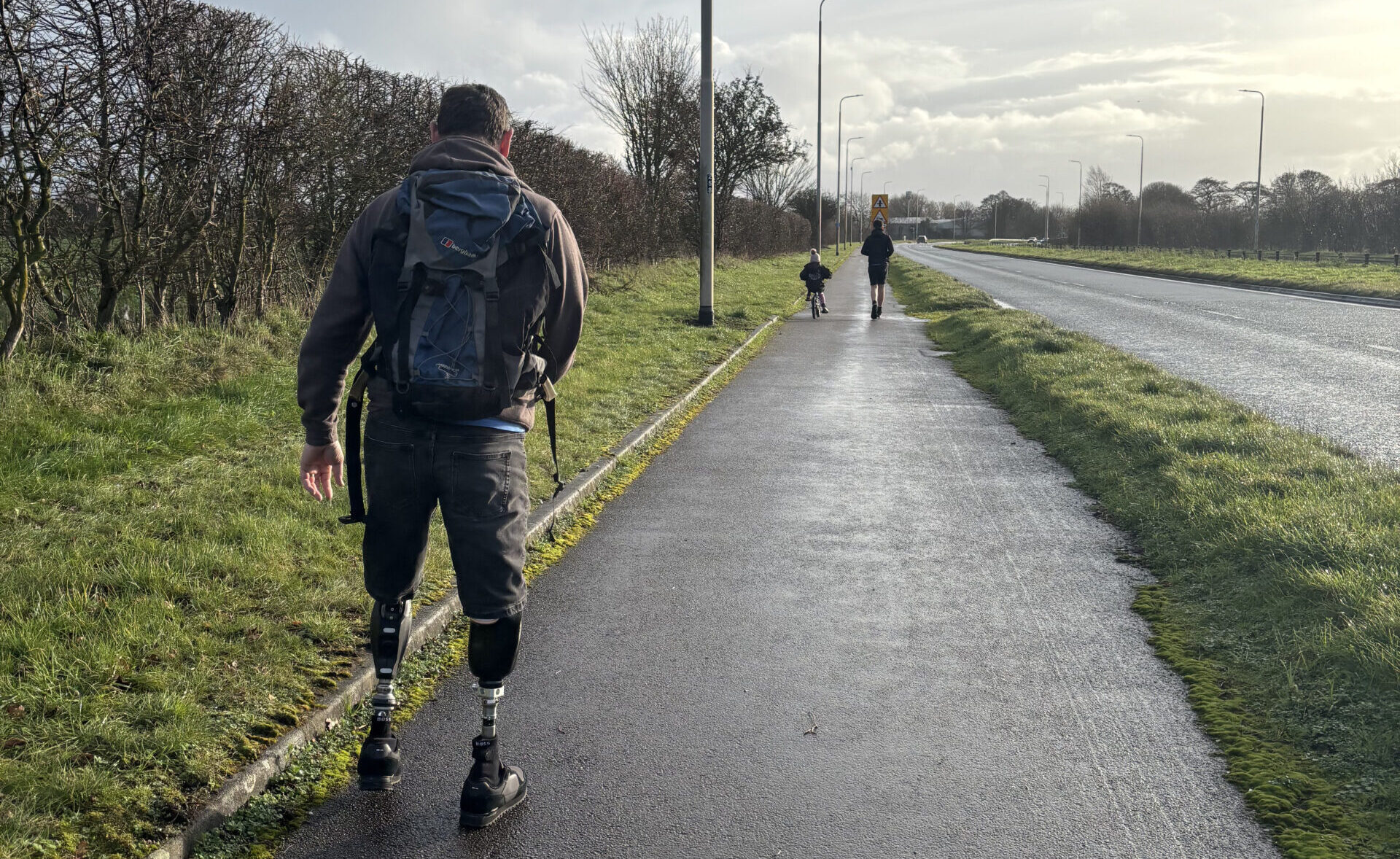
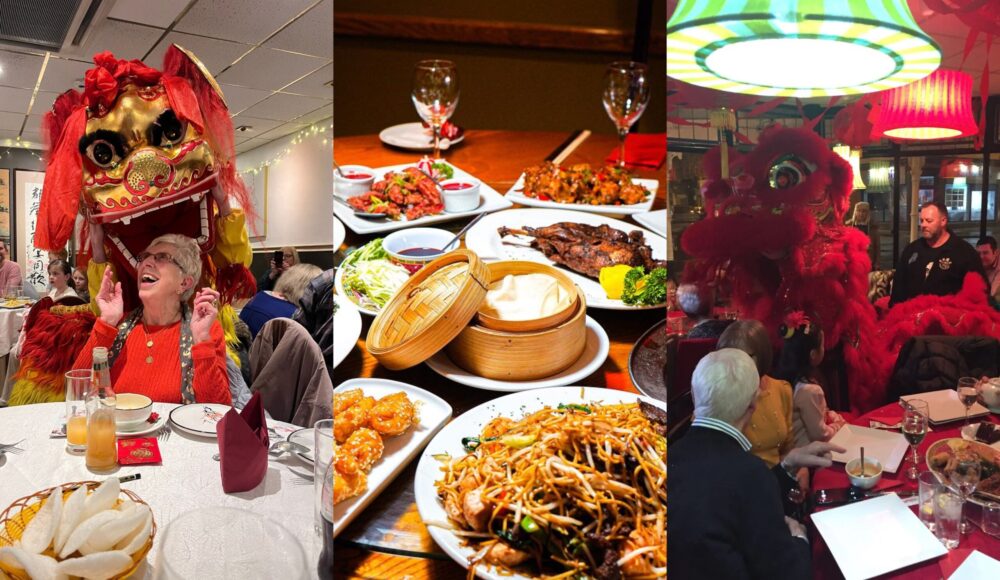
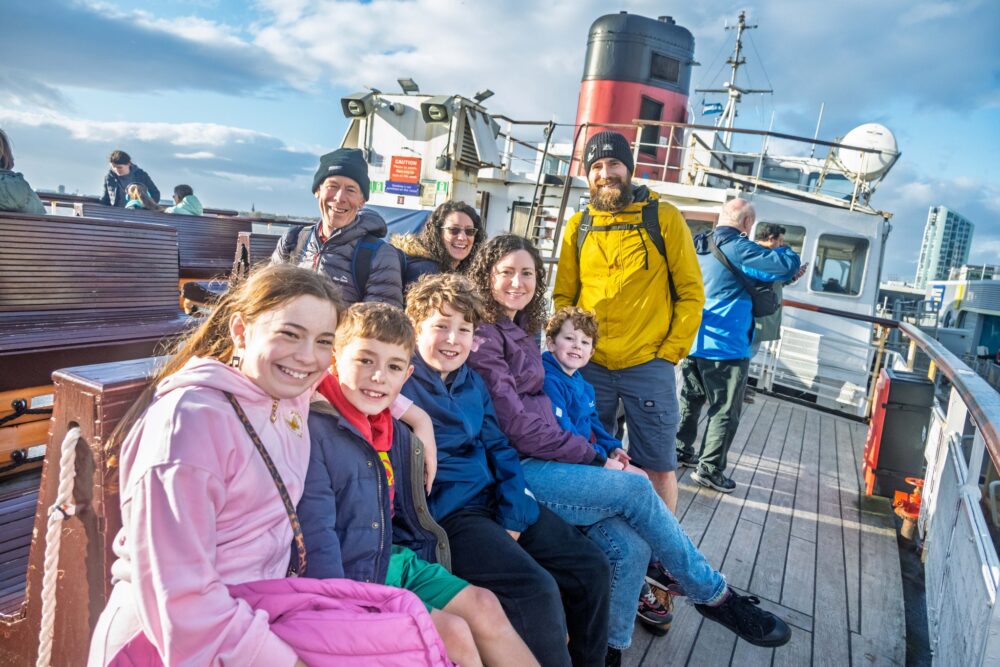

 Subscribe
Subscribe Follow Us
Follow Us Follow Us
Follow Us Follow Us
Follow Us Follow Us
Follow Us Follow Us
Follow Us











